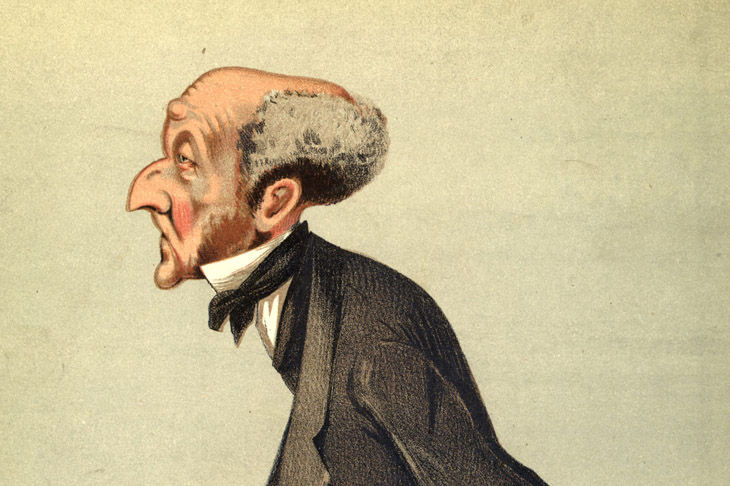John Stuart Mill is usually credited as the person who first called the Conservatives ‘the stupid party’, but that isn’t quite accurate. Rather, he referred to the Tories as the stupidest party, and he didn’t mean that it was more stupid than every other party in the country, just the Liberals. If you substitute the Lib Dems for the Liberal party, that probably isn’t true any more, and it certainly isn’t true if you include Labour in the mix. No, I think there is now a strong case for passing the crown to Jeremy Corbyn’s party.
If you look at Labour’s leaders, this is a very recent development. Harold Wilson was the most brilliant prime minister of the 20th century, having got the highest First in his year in PPE. Roy Jenkins, who served as his Home Secretary, thought that, academically, he was up there with Peel, Gladstone and Asquith. Admittedly, Neil Kinnock was no brainbox, but he was an aberration in an other-wise impressive line of clever clogs, from Keir Hardy to Ed Miliband. It’s only in the last two years that Labour has fallen off a cliff. In terms of IQ, Jeremy Corbyn’s must be at least two standard deviations lower than his immediate predecessor, and Diane Abbott and John McDonnell are scarcely frontbench material. To my mind, this has been the most striking feature of the general election campaign so far — the lack of intellectual candlepower in Labour’s top team.
But if you look at Labour’s voters, this phenomenon goes back much further. As far as I know, the first serious study of the link between intelligence and voting preferences was done in 2008 by a group of academics at the Medical Research Council led by the eminent Scottish psychologist Ian Deary. Before that, plenty of research had been done into the link between occupational status and voting behaviour, even educational background, but not general cognitive ability.
Deary and his team were able to look at this by using data from the 1970 British Cohort Study, which measured the IQs of more than 10,000 children born in 1970. In 2004-05, they persuaded 6,352 of them to respond to a survey about how they’d voted in the 2001 general election and how they intended to vote in 2005 and, on that basis, were able to draw some conclusions.
They found that the mainstream party whose voters had the highest mean IQ was the Liberal Democrats, then the Conservatives, then Labour, and finally, bringing up the rear, Ukip. So more than ten years ago, the Labour party’s voters were not as intelligent as the Tories’, although more intelligent than Ukip’s.
A similar piece of research has recently been done into the link between intelligence and party preference in the 2015 general election, and the results are broadly the same. A PhD student at Nuffield called Noah Carl has used a different data set — the UK Household Longitudinal Survey — to calculate the mean IQ of voters in each of the UK’s 650 constituencies and then looked for patterns in the vote shares for different parties at the constituency level.
He found that there was a positive association between mean IQ and voting Conservative, and a negative association between mean IQ and voting Labour. So the higher the mean, the more likely the constituency was to return a Tory MP in 2015, and the lower the mean, the more likely it was to return a Labour one. Carl also found that the highest association between mean IQ and vote share was with the Lib Dems. All of which is consistent with the findings of Deary and his team. However, Carl also looked at the link between mean IQ and voting Ukip, and while that association was also negative, it wasn’t as negative as it was in Labour’s case. In other words, low intelligence was more strongly correlated with voting Labour in 2015 than it was with voting Ukip. Of the four main parties, Labour definitely attracted the least intelligent voters that year.
No doubt a similar piece of work will be done when the results of this general election are in, and the fact that the Conservatives will attract so many former Labour supporters may lower the average IQ of their voters. But it is unlikely to fall below that of Labour’s. Whether you measure a party’s intelligence by the IQ of its leaders or its voters, Labour is now the least intelligent party.







Comments